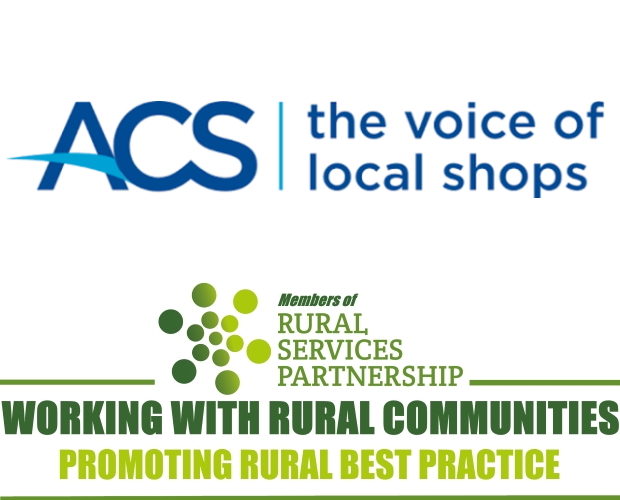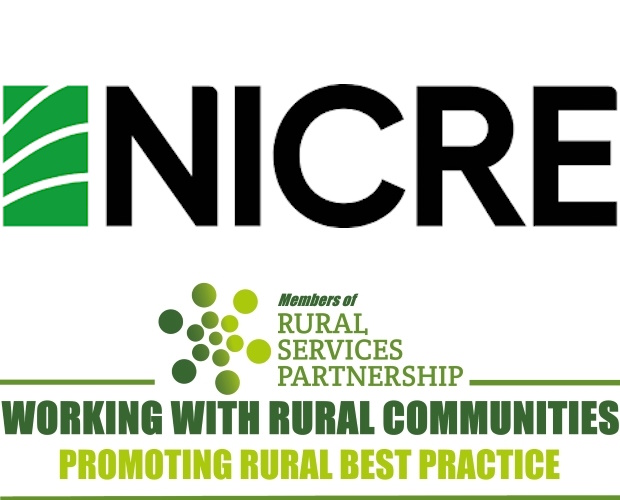T: 01822 851370 E: [email protected]
ACS (the Association of Convenience Stores)
ACS (the Association of Convenience Stores) is celebrating the crucial role that rural shops play in thousands of communities across the UK as part of the launch of the 2024 Rural Shop Report. The 2024 Rural Shop Report, launched...
The number of free to use cash machines available in the UK has fallen by almost 30% in the last five years, according to new figures from the Association of Convenience Stores. ACS’ Access to Cash Tracker reveals the...
The Association of Convenience Stores, one of our Rural Services Partnership members, last week launched their 2023 Community Barometer. This explores how people value the services in their local area, what they would like to see more of, and...
Launched last week, the 2023 Rural Shop Report (produced by the Association of Convenience Stores ACS) demonstrates the close links that rural retailers have with their communities, their importance as local employers, and the impact that store closures would have...
The Department for Business are asking all businesses to respond to a survey on energy bills and the impact increased costs are having on your business The Association of Convenience Stores are urging members to respond to the survey...
Recently, we launched our 2022 Rural Shop Report which looks at the vital role that rural convenience stores play in the day to day lives of their customers and takes a comprehensive look at the running of these businesses. We...
A series of practical recommendations to encourage older shoppers in rural areas back into local stores in the wake of Covid-19 have emerged from research commissioned by the National Innovation Centre for Rural Enterprise (NICRE). Researchers at...
ACS (the Association of Convenience Stores) is the voice of over 17,000 rural shops, supporting our members through effective lobbying, comprehensive advice and innovative networking opportunities. Rural shops contribute £3.7bn in GVA and 126,500 jobs in rural communities. ACS’...
NEWSLETTER
Sign up to receive all our latest news and updates.
HOT TOPICS
Amid reduced public spending, fair resource allocation across regions is crucial. Despite a population larger than Greater London, rural areas receive significantly less funding for essential services, even though delivering these services in rural areas is more expensive.
Economic growth is widely acknowledged as essential for national wealth and prosperity and is a priority for political parties. Rural economies, employing millions and home to a higher proportion of small businesses, have potential for growth if barriers are removed.
Rural residents face distinct healthcare challenges, including limited access to transport, longer distances to medical facilities, an aging demographic, housing inadequacies, digital connectivity gaps, and difficulties recruiting health and care workers.
Rural communities are grappling with a severe affordable housing crisis, marked by high house prices, a lack of affordable housing, elevated living costs, and lower incomes, threatening their sustainability and vitality.
Transport is vital for the quality of life and economic health of rural areas, yet it faces challenges such as infrequent public bus services and less Government funding compared to urban regions.
Rural areas, encompassing a substantial portion of England's population and land, play a pivotal role in combating climate change and achieving the net zero target.
In an increasingly digital world, the lack of robust digital infrastructure in rural areas severely limits access to crucial services and stifles economic growth.
A future-focused vision for rural communities involves not just building the right homes in the right places but also ensuring thriving, sustainable communities.
SIGN UP TO OUR NEWSLETTER
Sign up to our newsletter to receive all the latest news and updates.











